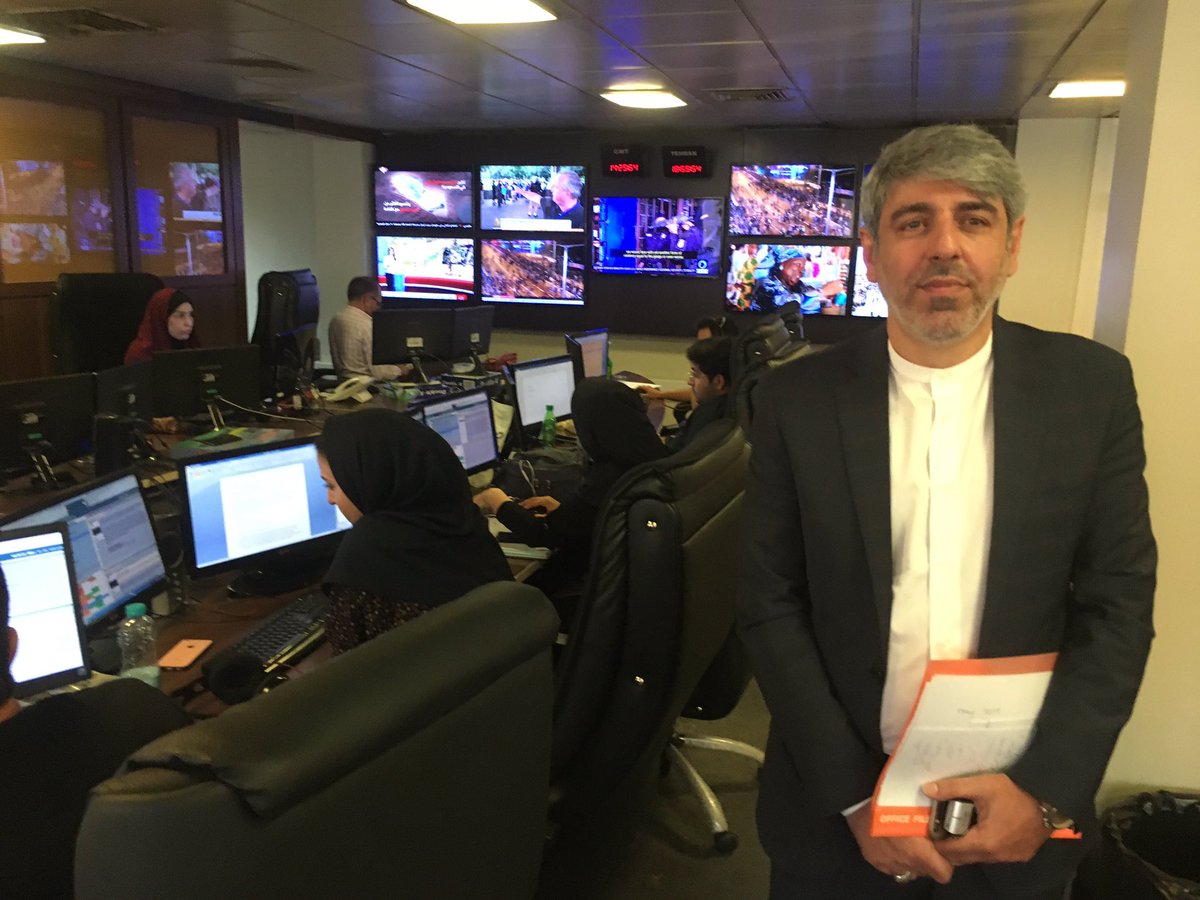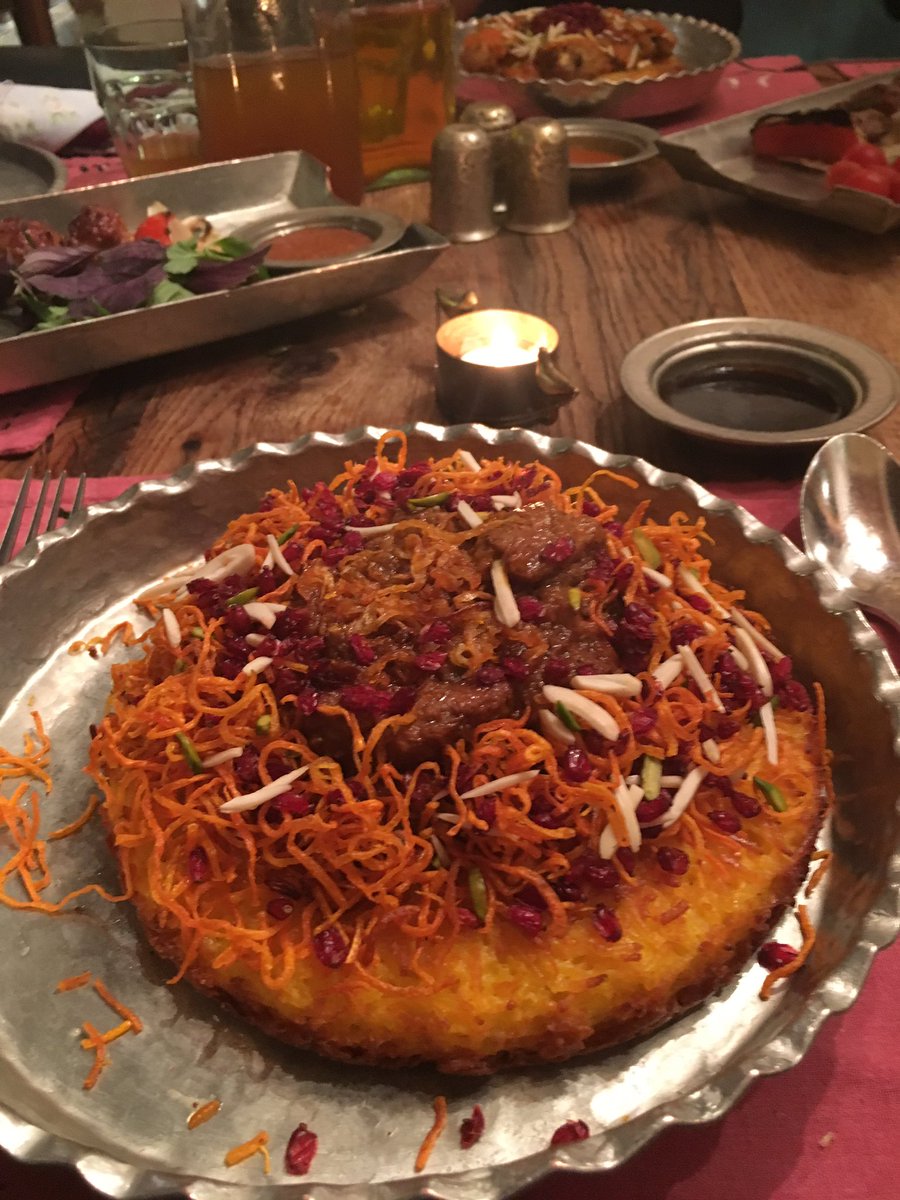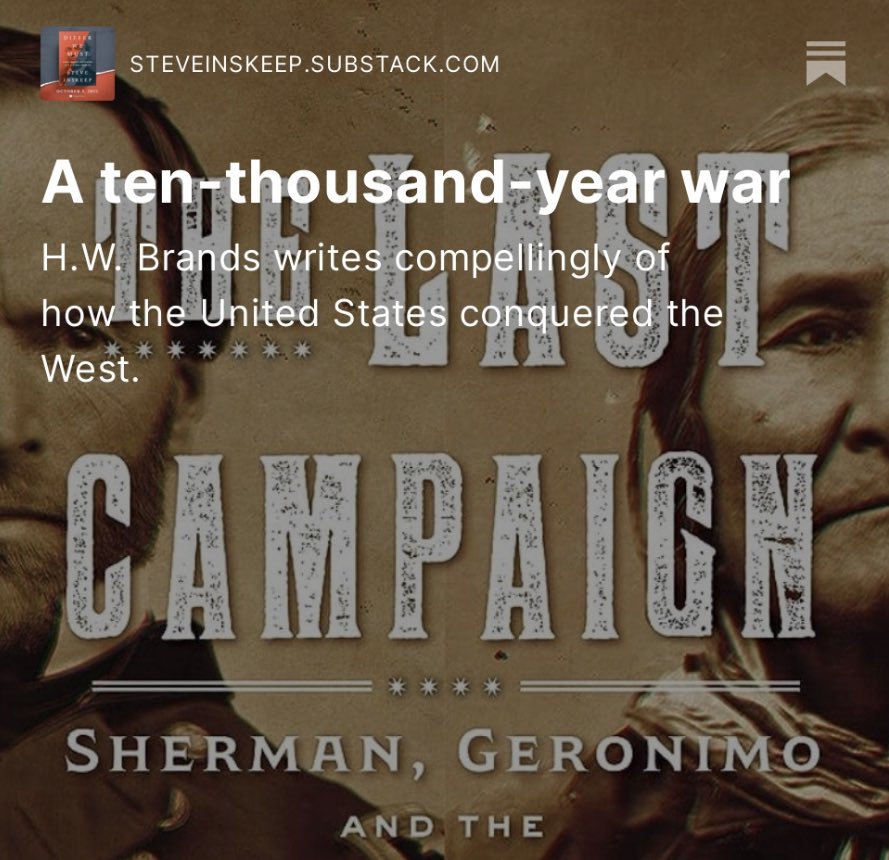Sunrise over Iran. How are people here responding to their country’s confrontation with the US? @_toriwhitley and I report from here this week on @MorningEdition, @UpFirst and other @NPR programs. 



Your team in Iran includes producer @_toriwhitley, seen here supplementing her head scarf with a construction helmet as we tour a new building. @MorningEdition @NPR @UpFirst 

Meat prices in Iran have commonly tripled in the last year or two, one of the more dramatic effects of inflation. But that doesn’t mean it is not available.
It’s a holiday in Iran and people are out in a park after 10pm on blankets, eating snacks, celebrating birthdays, smoking shisha. Some were strikingly critical of their government. Their voices later this week on @MorningEdition @NPR 



This is Syed Vahid Tehami, editor of Iran’s Press TV. Much as Russia’s RT gives a Russian view of the news in English, Press TV gives an Iranian view beyond its borders. In recent months RT and Press TV have discussed coordination against the US. @MorningEdition @UpFirst @NPR 

And this is Dr. Mastaneh Saneh, a partner in a Tehran cancer clinic decorated with statues of angels, because “angels save you.” She says she lacks the latest cancer drugs. Why? We examine evidence on @MorningEdition. @NPR 





From a Tehran restaurant: a dish called tahchin, which colleague @AydaPour instructed us to find. Never seen a menu quite like this. 



They were optimists: We follow up with two Iranians who had been hoping a nuclear agreement would change their fortunes. Pooya Shahsia was designing clothes; Ebrahim Pourfaraj was building a giant hotel. Where are they now? npr.org/2019/08/22/753… @MorningEdition @npr 



An Iranian strategist told us Iran has no choice but to weather US pressure. Does Iran have another choice, I asked, to change its foreign policy? His answer: “Why should we?” @MorningEdition @NPR npr.org/2019/08/22/753…
A radiation technician worries about maintaining her US-made machine for cancer patients. US sanctions don’t cover medicine, and the company says it still sells to Iran; but there’s little doubt that medical supplies are harder to obtain. npr.org/templates/tran… @MorningEdition 

One of our stories is of the editor of Press TV, Iran’s English language global news service. Why present an Iranian view of the news? He uses a term popular among US political partisans in the US: he wants to cover facts ignored by “the mainstream media.”
npr.org/2019/08/21/753…
npr.org/2019/08/21/753…
• • •
Missing some Tweet in this thread? You can try to
force a refresh














